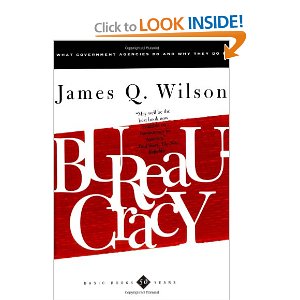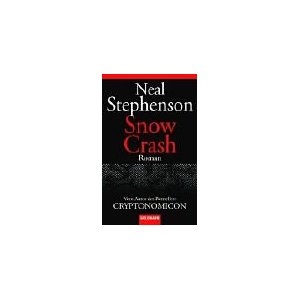
July 14, 2010
Muhammad Yunus and Karl Weber
While I sympathize with those who feel that the book lacks reference to prior art, that social business has been around for a very long time, and that much of the book is somewhat similar to his first book that I also reviewed, Creating a World Without Poverty: Social Business and the Future of Capitalism, I am rating this book a five here and a “6 Star & Beyond” at Phi Beta Iota the Public Intelligence Blog, for the simple reason that he is not just doing it, but doing it on a global scale, pushing the envelope across all boundaries, and setting the stage for realizing what Nobel-candidate C. K. Prahalad articulates in The Fortune at the Bottom of the Pyramid, Revised and Updated 5th Anniversary Edition: Eradicating Poverty Through Profits.
The Nobel Prize to Yanus was a righteous one–unlike the political idiocy of awards to Al Gore and Barack Obama. I can only hope that the Norwegian public shames its overly political Nobel Committee into getting back on track with awards such as this one.
My friend Howard Bloom has a new book out that complements this one: The Genius of the Beast: A Radical Re-Vision of Capitalism and of course there are others both recent and past, such as Capitalism at the Crossroads: Next Generation Business Strategies for a Post-Crisis World (3rd Edition).
Three things are changing that make this book a cornerstone book:








